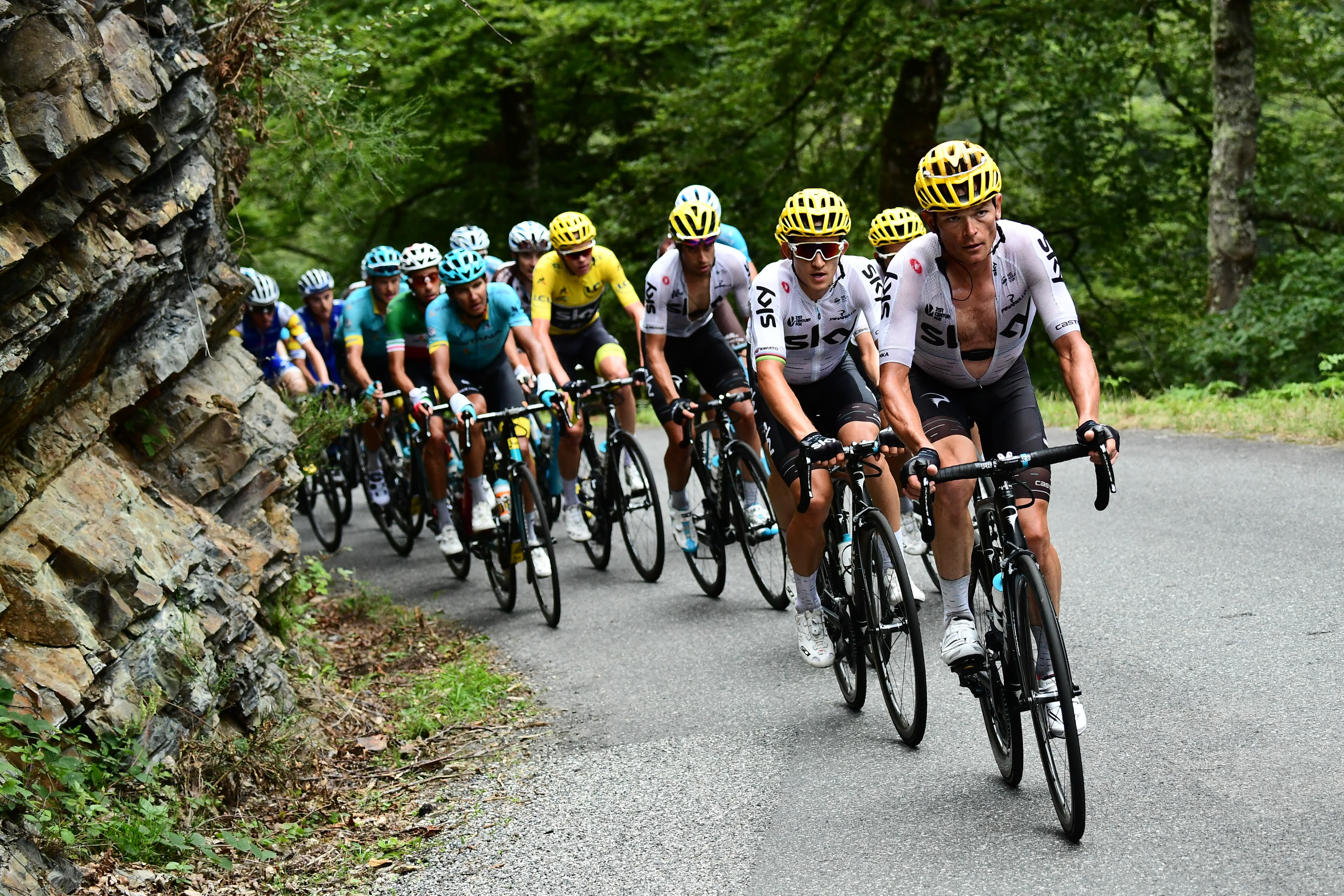6 changes to make road cycling better in 2018
Ways that road cycling can improve in Canada and internationally in the new year

While your personal training goals and individual resolutions for 2018 are important, there are broader changes we’d like to see in road cycling over the next year. The sport of road cycling is dynamic and changing but there are clear ways it can improve at the competitive and national level in the next 12 months. Here is our list of six changes we want to see made in 2018:
RELATED: Four changes to make mountain biking better in 2018
Better road safety in Canada
In December, the Ontario government struck down private member’s Bill 174 that would have made it the first province in Canada to create a vulnerable road users law. Canada’s criminal code is long overdue to better protect cyclists who are struck by drivers. Some provinces have adopted the one-metre passing law but that isn’t enough. It’s time for Canada’s municipal, provincial and federal governments to adopt laws that better protect cyclists. There have been too many like Ellen Watters and Clément Ouimet who have needlessly lost their lives to drivers who then were not prosecuted for their actions. We want fewer ghost bikes on the side of our roads.
Minimum wage for pro women’s peloton
While the UCI Women’s WorldTour isn’t perfect, the calendar for women’s cycling is strong and coverage of events is improving every year. The next big fight the women’s peloton is organizing for is professionalizing the sport. The Cyclists’ Alliance has an ambitious platform and in 2018 we’d like to see them win the fight for a minimum wage. While the men’s UCI Pro Continental and WorldTour pelotons enjoy this basic working right, over 50 per cent of the women’s peloton doesn’t even receive a salary of 10,000 euros ($15,000).
A women’s Tour of Alberta

Canada doesn’t have any women’s stage races yet there are three UCI sanctioned men’s races scheduled for 2018 in the Tour de Beauce, the junior Tour de l’Abitibi and the Tour of Alberta (the Grand Prix Cycliste de Saguenay has been cancelled for 2018). A big step for road racing in Canada would be women’s stage race. In 2018, we’d like to see the Tour of Alberta plan a women’s stage race for future editions of the race.
UCI to come to a decision on disc brakes
Disc brakes are gaining traction in the pro peloton and with the public. Trek-Segrafedo and Canyon-SRAM say their whole teams will be on disc brakes in 2018 while Marcel Kittel demonstrated they don’t stop you from winning at the WorldTour level. While the trial period continues, we’d like to see the UCI make their decision, enforce standards to facilitate in race wheel changes and necessary safety measures. The weight penalty of disc brakes has also been most addressed by manufacturers with many like Trek and Specialized unveiling disc bikes that are below the 6.8 kg UCI weight limit. Smoothed rotors appear to have eased safety concerns while wheel changes remain a hurdle teams and manufacturers are working to overcome. National federations like Cycling Canada are allowing for disc brakes to be used in 2017 but until it’s official some riders may be hesitant to make the switch.
Budget cap for WorldTour teams

While some WorldTour men’s teams are flush with cash, others struggle to secure sponsors and have trouble resigning talent they have developed. This has created a group of teams lead by Team Sky and their 2016 budget of 31 million euros who can dominate the sport while smaller teams like FDJ (which also sponsors a women’s team unlike Sky) must compete with only a budget of 10 million euros. While the UCI should not do anything to deter sponsorship in the top echelon of the sport, something can be done to create a more level competitive field. UCI president David Lappartient has said he will explore the idea adding a team budget cap. He said a cap would, “naturally have the strong riders better divided among various teams”. More parity and competitiveness wouldn’t be bad for pro cycling and increased regulations would encourage investment other areas of the sport.
Increased coverage of BC Superweek

The most exciting 10 days of road racing in Canada takes place in July at BC Superweek. The events attract strong men’s and women’s fields, has large cash payouts equally awarded to men’s and women’s podium finishers, and draws huge crowds. Despite this, it doesn’t get the attention we think it deserves. In 2018, we’d love to see more of the racing broadcast so viewers across Canada and around the world can take in the spectacle that keeps growing with every edition.



